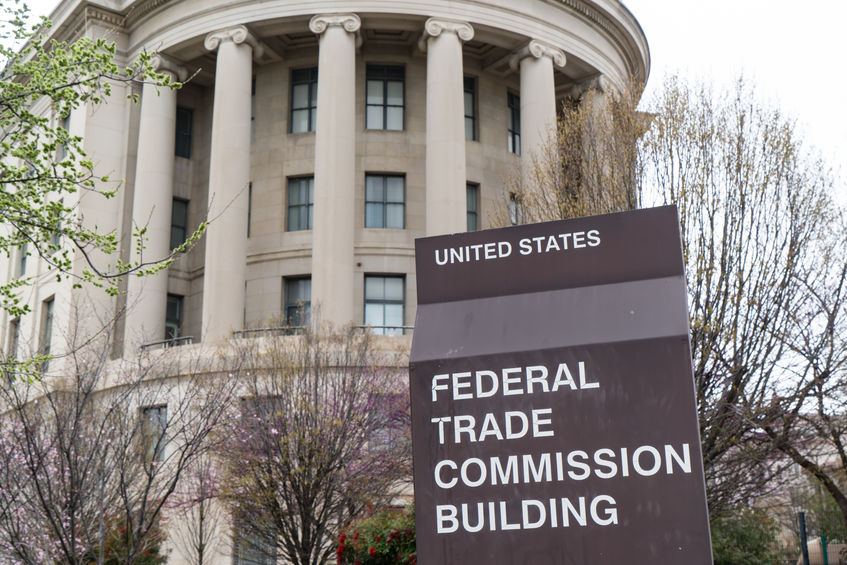FTC Tries Hand With Gramm-Leach-Bliley
 Following a pivotal loss of power for the FTC, the agency is hoping for a do-over on at least one case it had originally brought under Section 13(b). In FTC v. RCG Advances, et al, the FTC filed a motion to amend the complaint it had originally brought in June 2020 to include new claims under Gramm-Leach-Bliley. Without doing this, the original case was essentially doomed, thanks to a recent SCOTUS decision.
Following a pivotal loss of power for the FTC, the agency is hoping for a do-over on at least one case it had originally brought under Section 13(b). In FTC v. RCG Advances, et al, the FTC filed a motion to amend the complaint it had originally brought in June 2020 to include new claims under Gramm-Leach-Bliley. Without doing this, the original case was essentially doomed, thanks to a recent SCOTUS decision.
Such claims could be pursued criminally but the DOJ informed the FTC that it did not wish to involve itself in this matter.
The FTC filed its motion to amend on May 14th.
Unsurprisingly, the defendants are unhappy by the sudden divergence of claims.
“If the FTC had a credible cause of action against the Defendants under the Gramm-Leach-Bliley Act, 15 U.S.C. § 6801 (the “GLB Act”) it was incumbent upon them to propound it a year ago when they initiated this action – not now amid the disingenuous pretext that they just purportedly realized it,” they wrote in a response to the motion.
Defendants argue that as a 13(b) case, over 50,000 pages of documents had already been exchanged in discovery and more than two dozen subpoenas issued.
“Despite the sheer volume and nature of such discovery already conducted in the instant matter, granting the FTC leave to amend the Complaint would essentially trigger a reset of the entire case,” they say.
They have asked for the Court to deny the FTC’s motion to amend at this late hour.
Last modified: June 8, 2021Sean Murray is the President and Chief Editor of deBanked and the founder of the Broker Fair Conference. Connect with me on LinkedIn or follow me on twitter. You can view all future deBanked events here.































